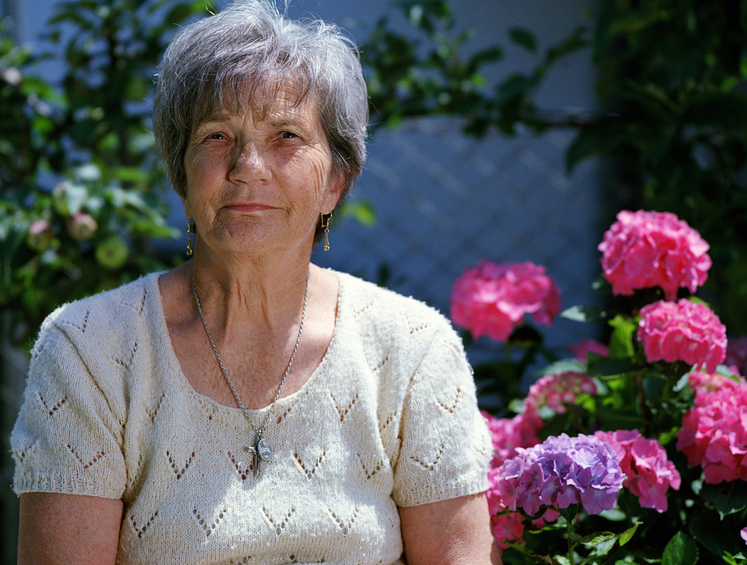 It happened again today. We were coming home from church and I was relaying a story to Derek when suddenly, I couldn’t remember a parishioner’s name—and not just any parishioner-- but a woman I had counseled just two months ago. As we pulled into JFK airport, the woman’s first and last name came barreling to my brain faster than a Black Friday shopper in the aisle with the last 70 percent off flat screen tv. Of course, I know the reason the name came back to me so quickly was because I was relaxed and not thinking about it. But, I’ll be honest with you: it bothers me more than I care to admit. I pride myself on my impeccable memory and often I can quote (generally correctly) long passages from almost any book I have read. Further, it bugs me because I refuse to accept a momentarily lapse of memory is normal and to be expected. It is not like I am in denial though, like when I plucked out my first grey hair with the idealist hope that another one would not grow in its place. Don’t worry, this is not another blog on aging. In fact, I don’t feel old. Friends and foes alike, tell me I don’t look my age. Of course, it bothers me a bit when folks say I don’t look my age when they don’t know my age. But, that’s another story. Nearly, everyone has trouble remembering something at least once in their lives. Most times, we will just employ some mnemonic to deal with it and move on. However, when working with the elderly, whom need to recall details of a story for their legacy life book, it gets a bit trickier. I have found asking open-ended questions, along with associations, helps with memory recall. For instance, I used to say, when conducting an interview, tell me about your elementary school. Now, I ask, what was the favorite part of the playground at your elementary school? Knowing that many of our childhood memories stem from play helps me to refocus the question to illicit a better response. Of course, I will deviant from one way of questioning at any time to get a richer interview. In fact, one of my secrets for getting such rich detail is the way I interview. Asking the right questions will illicit the right response. Not surprising, research has shown that when recalling old memories association works best. I will spare you the scientific details. Suffice to say, if you are able to recall a small detail, such as a slide in the playground, you will likely be able to recall the memory-at- large. Dementia clients are perhaps the hardest to work with because at times their associations don’t fit in with present day reality. Still, even early Alzheimer patients can give meaningful interviews, once you help them make connections. I once saw an 80-year-old gentleman’s face light up as I employed associative questioning to get him to recall nearly a neighbor.s house when he was in grade school. I simply focused on the Lionel train he told me he used to play with his neighbors. Someone once said our memories are our personal movies. It is, therefore, essential that we hold onto our memories—no matter how old we are. This can be easily done if we relax and take the time to make associations. Thus, had I recalled a simple detail of the counseling session, I might have remembered the parishioners’ name sooner. Instead, it was likely me relaxing that allowed my subconscious to retrieve the name. However, when simply relaxing does not seem to work with elderly relatives, try associations and details. Like the slide or the Lionel train, find a small detail to focus on that will illicit an emotional response that will trigger memories. Triggering memories is important at any age. The ramblings we tolerate today may well be the wisdom we need tomorrow. Let's cultivate our memories. Cheryl Carter is the CEO of Legacy Treasures. She composes legacy life books, ethical wills and tribute books for her clients. She has recently developed a do-it-yourself legacy kit for individuals to capture the meaningful moments of their loved ones’ lives. Visit themeaningfulmoment.com for further information.
1 Comment
|
Archives
February 2019
Categories |

 RSS Feed
RSS Feed
